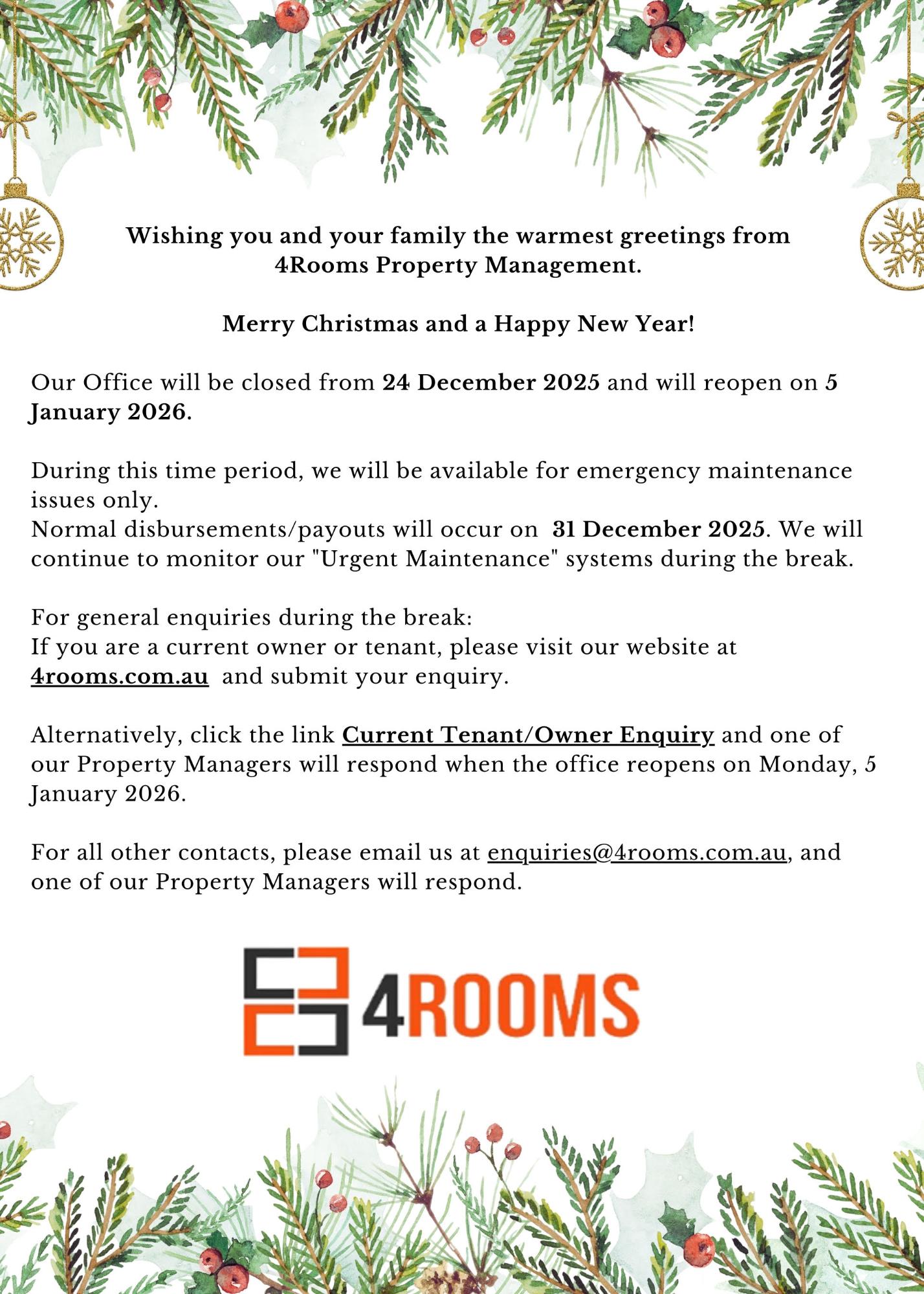
The Benefits of Using a Licensed Property Manager in South Australia
Managing rental properties can be a complex and time-consuming task, especially with the evolving landscape of regulations. In South Australia, recent changes to the Residential Tenancies Act underscore the importance of hiring a licensed property manager. Here's why engaging a professional can be a game-changer for landlords.
Expertise in Navigating Legal Changes
The recent amendments to the Residential Tenancies Act in South Australia have introduced several new requirements and protections for both tenants and landlords. For instance, changes include stricter regulations on rental increases, enhanced protections for victims of domestic violence, and new standards for property maintenance and repairs. A licensed property manager is well-versed in these legalities, ensuring compliance and minimizing the risk of costly penalties.
Efficient Handling of Rent Increases
One significant change in the Act is the limitation on the frequency of rent increases, which now can only occur once every 12 months. Licensed property managers can expertly navigate these regulations, advising landlords on optimal times for rent adjustments while adhering to the legal framework. This helps maintain a good tenant relationship and ensures that rent changes are justified and transparent.
Prompt Response to Maintenance and Repairs
The updated legislation places a stronger emphasis on timely maintenance and repairs. Licensed property managers have the resources and networks to address these needs promptly. They can coordinate with reliable tradespeople to ensure that properties meet the new standards, thus preventing potential legal issues and maintaining tenant satisfaction.
Safeguarding Against Domestic Violence Implications
The new provisions offer enhanced protections for tenants affected by domestic violence, allowing them to terminate leases without penalty. Licensed property managers are trained to handle these sensitive situations with the necessary care and discretion, ensuring compliance with the law while also supporting affected tenants appropriately.
Streamlined Dispute Resolution
Disputes between landlords and tenants can be challenging and stressful. With the updated Act, there are clearer guidelines and processes for resolving disputes. Licensed property managers are skilled in mediation and can act as intermediaries to resolve issues efficiently, preventing escalation and ensuring fair outcomes for both parties.
Example Scenarios
Scenario 1: Handling Rent Increases
Imagine a landlord wanting to increase the rent in the middle of a tenancy. A licensed property manager would remind them of the 12-month rule, advising on the correct timing and ensuring the process is legally compliant, thus avoiding potential disputes and penalties.
Scenario 2: Managing Maintenance Requests
A tenant reports a significant plumbing issue. Under the new Act, timely repair is crucial. A licensed property manager would swiftly coordinate with their network of contractors to fix the problem, ensuring the property remains up to standard and the tenant remains satisfied.
Scenario 3: Addressing Domestic Violence
A tenant experiencing domestic violence needs to break the lease. A licensed property manager would handle the situation delicately, guiding the tenant through the process and ensuring all legal requirements are met, protecting both the tenant's safety and the landlord's interests.
Conclusion
The recent changes to the Residential Tenancies Act in South Australia highlight the importance of having a licensed property manager. Their expertise ensures compliance with the new regulations, efficient property management, and support for both landlords and tenants. By entrusting your property to a licensed professional, you safeguard your investment and ensure a smooth rental experience for everyone involved.
4o



